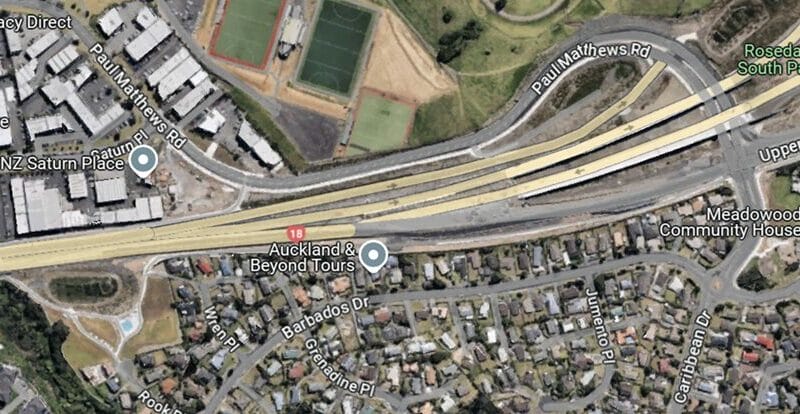Recent announcements by the Minister for Housing and Infrastructure, Chris Bishop, could mark a significant shift in New Zealand’s approach to infrastructure funding and financing. Through improvements in the way infrastructure costs are managed and distributed, the Government aims to create a more sustainable and responsive funding model aimed at addressing the ongoing housing crisis.
Councils are presently constrained in the mechanisms available for the recovery of their investment in enabling infrastructure delivery. Chiefly this is through Development Contributions under the Local Government Act 2002. However, this system, which has long been criticised for its inflexibility and inability to appropriately distribute infrastructure costs, will be replaced by a new Development Levy system. The new system has been indicated to provide more flexibility and ensure that developers contribute fairly to the costs of infrastructure required for new developments.
We all await substantive drafting, but it would seem that the key components of the new Development Levy system include regulatory oversight to ensure the levies are fair and transparent, and the introduction of separate levies for specific types of infrastructure such as drinking water, wastewater, stormwater, and transport. The intent being to create a more equitable distribution of costs and reduce the financial burden on ratepayers, who have historically shouldered a significant portion of these expenses. Growth historically has not fully contributed to its own growth demand for infrastructure.
Additionally, it has been indicated that the new system will increase flexibility in targeted rates and improve the Infrastructure Funding and Financing Act 2020. Measures again intended to support housing growth by providing councils and other infrastructure providers with the tools they need to recover costs, whether planned and costed or not, and therefore encourage much needed investment. The Government expects this approach to promote the development of land sooner, rather than allowing it to be banked for future use.
The changes are also likely to include the broadening of existing tools to support value capture, which will help ensure that the benefits of infrastructure investment are more widely, and hopefully more equitably, shared.
This all represents a significant shift in New Zealand’s approach to infrastructure funding and financing; and some exciting times ahead in this area.
If you have any additional insights on the above or wish to discuss infrastructure funding across local government, please feel free to get in touch on cori.barkle@ricespeir.co.nz.





